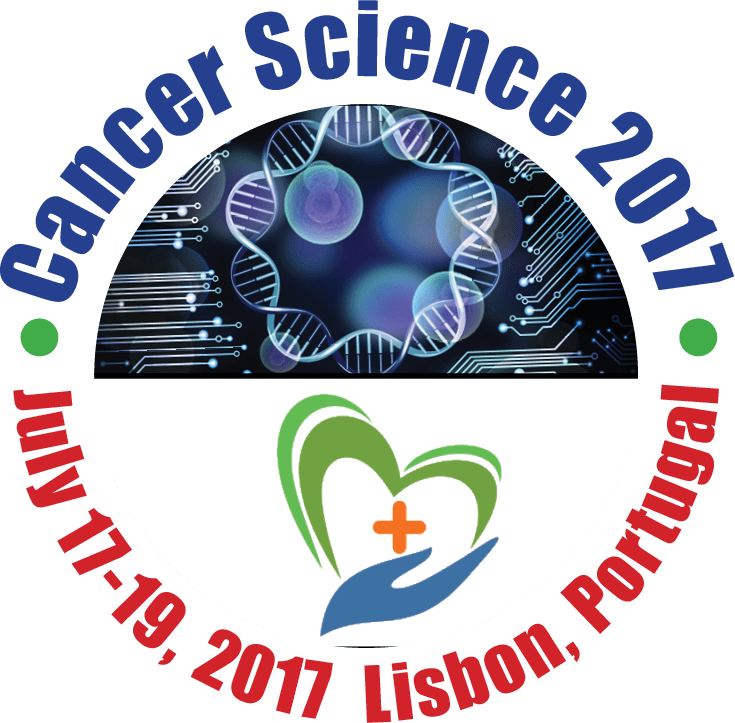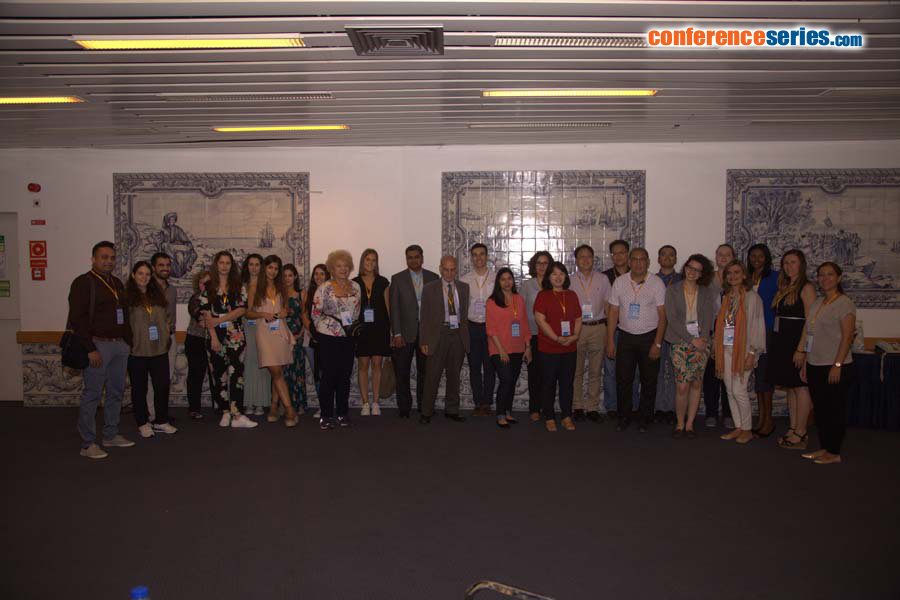
Audrey Claing
Montreal University, Canada
Title: ARF proteins as new molecular targets for the treatment of invasive breast cancer
Biography
Biography: Audrey Claing
Abstract
Triple-negative breast cancers (TNBC) are a highly invasive type of breast cancer and associated with poor prognostics. Although, these tumors do not express the typical hormone receptors (ER-, PR-), nor the HER2 receptor, their proliferation and invasive capacities can be enhanced by growth factors such as the epidermal growth factor (EGF). Drugs inhibiting EGF receptor activity have however shown limited effects mainly due to the development of resistance. There is therefore an urgent need to identify new therapeutic targets for the design of therapies that would complement current approaches (surgery, chemo and radiotherapy). We and others have shown that the Ras-related ADP-ribosylation factors (ARF) are another class of small GTPases regulating key features of cancer cells. ARF1 and ARF6, two isoforms best characterized, are highly expressed in cells and tumor tissue of the most aggressive and advanced subtypes of breast cancers. Knock down of ARF1 expression, for example, impairs the ability of breast cancer cells to proliferate, migrate and degrade the extracellular matrix. Furthermore, growth of primary tumors as well as lung metastasis is reduced in a murine xenograft model when expression of the GTPase is inhibited. Our findings have demonstrated that increased levels of ARF1, in non-invasive cells lead to the epithelial-mesenchymal transition (EMT). Overall, our work has identified ARF1 as a molecular switch of cancer progression and thus suggests that limiting the expression/activation of this GTPase could help improve outcome for breast cancer patients.


